In a crowded environment where big players dominate headlines, some lesser‑known apps quietly build deeply loyal followings. These under‑the‑radar tools don’t always seek mass appeal—they serve dedicated niches so well that their users become evangelists. Here are five of the most loved underdog apps of 2025, and what makes them stand out.
Things ³
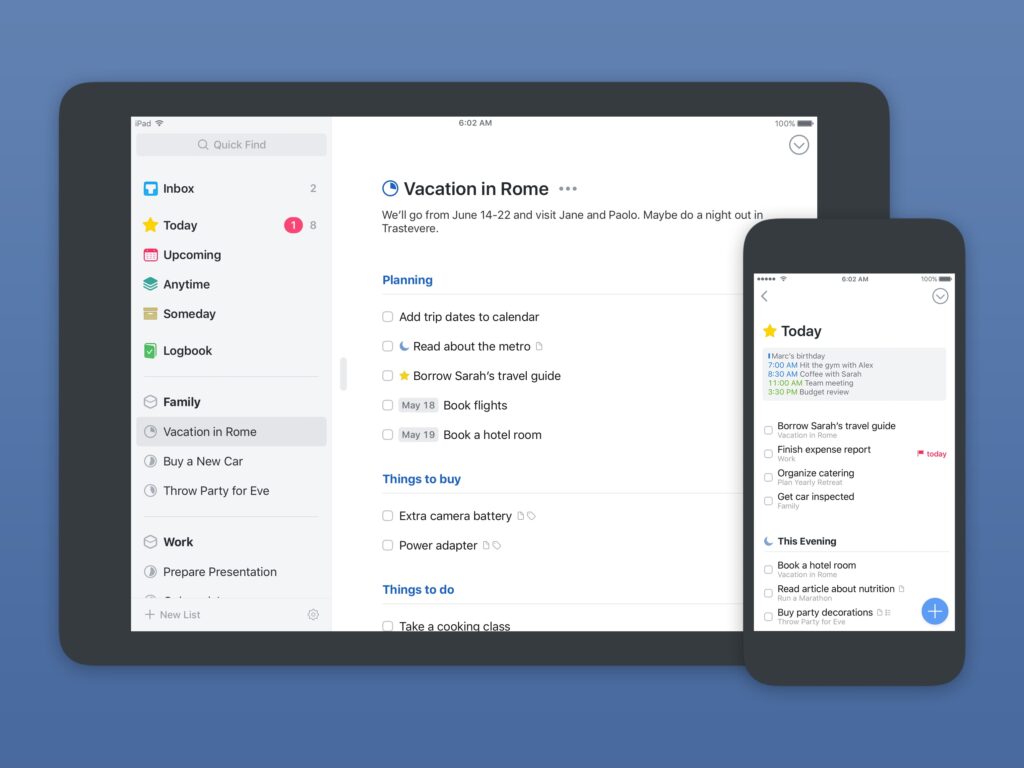
For many Apple users who follow productivity culture, Things ³ remains the gold standard of personal task‑management apps. Its clean design, intuitive workflow and thoughtful updates keep it relevant despite newer entrants. Compared with multi‑feature tools, Things appeals to those who want focused structure rather than complexity. The “cult” around this app comes from the fact that long‑time users keep returning to its simplicity, and recommend it deeply to other serious productivity fans.
Pricing: $49.99 for Mac, $19.99 for iPad, $9.99 for iPhone (one‑time purchases)
Penpot
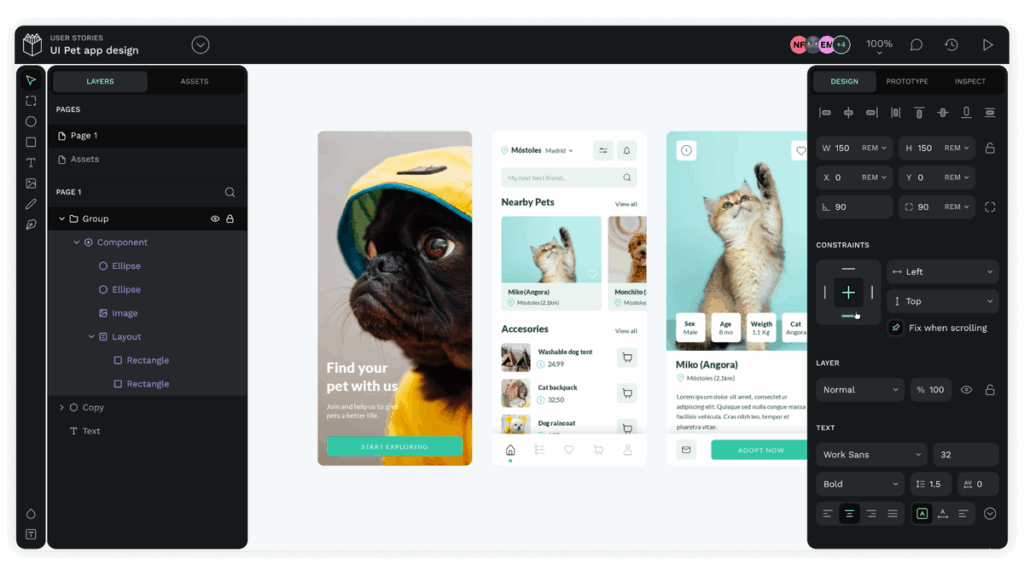
As an open‑source alternative in the UI/UX design space, Penpot has gained strong traction among designers who reject heavy vendor lock‑in and favour community‑driven development. While tools like Figma dominate headlines, Penpot appeals to a sub‑segment seeking self‑hosting, freedom and contribution. Its dedicated user base and growing feature‑set give it the underdog status with serious credibility in design‑circles.
Pricing: Free for self‑hosted or standard use; enterprise plans available on request
NocoDB
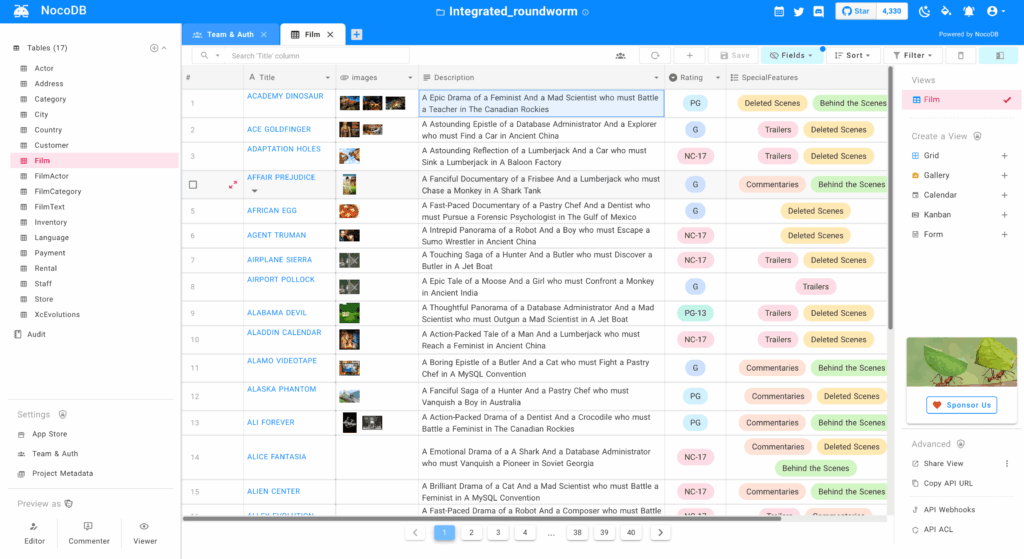
In the “make‑your‑own‑database” / no‑code space, NocoDB offers a surprisingly robust open‑source platform that turns spreadsheets into SQL‑backed apps. For small teams, analysts and makers who don’t want heavyweight infrastructure, NocoDB has become a quietly trusted tool. Its appeal comes from addressing a need that larger no‑code platforms sometimes ignore: flexible data models without losing control. The community love comes less from marketing and more from actual usefulness.
Pricing: Free for the community/self‑hosted edition; paid cloud/enterprise tiers available
Hoppscotch
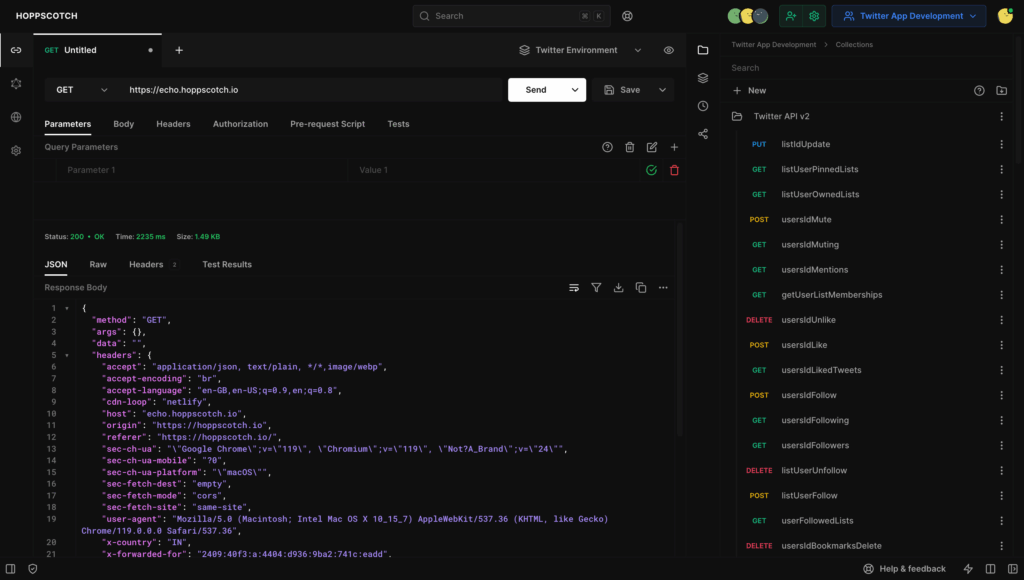
When API tools get attention it’s usually for the giant incumbents—but Hoppscotch is carving its niche as a lightweight, fast, open‑source alternative for developers testing endpoints. Its fans appreciate its speed, simplicity and community‑rooted ethos. While not mainstream, for backend developers and API engineers who know what they want, Hoppscotch is a tool many swear by.
Pricing: Free core version; team features start around $8 per user/month
GDevelop
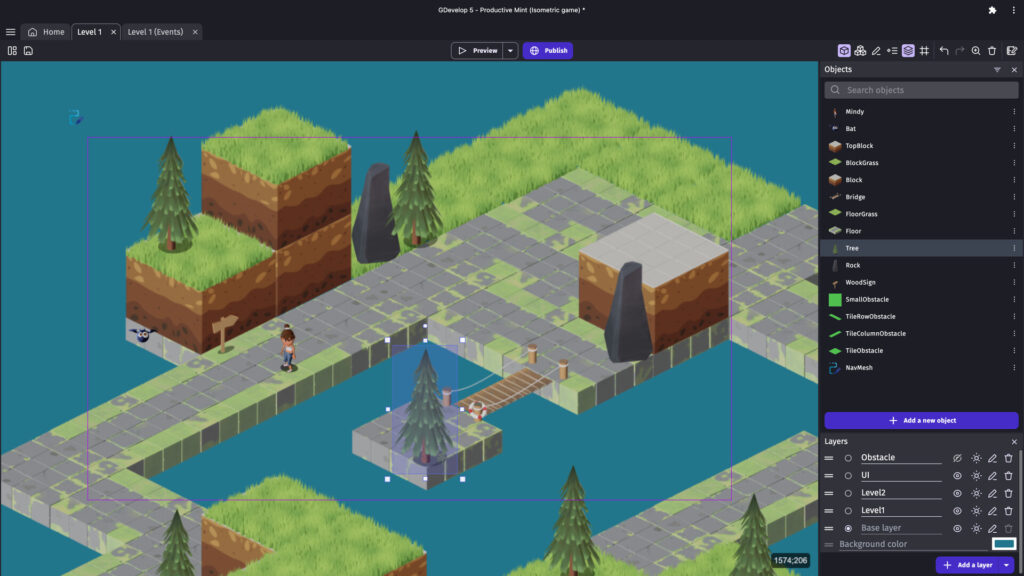
In the indie game‑development space, GDevelop stands out as a tool that lets creators build games without deep programming. Its open‑source nature, cross‑platform support and event‑based system give it appeal for hobbyists and educators alike. Because it’s less hyped than major engines, its users often feel like part of a smaller community—especially when they build and share their own games using it.
Pricing: Free core engine; premium plans start at $4.99/month
Why You Should Give Them a Try
Each of these apps stands out because it delivers real, focused value to specific communities. They avoid bloat, focus on quality, and evolve based on direct user needs rather than trends. Many are open source or offer generous free tiers, giving users greater ownership and flexibility. Whether you’re looking to reduce your tool stack, avoid vendor lock‑in, or discover a hidden gem that just works better, these underdog apps are absolutely worth exploring.
